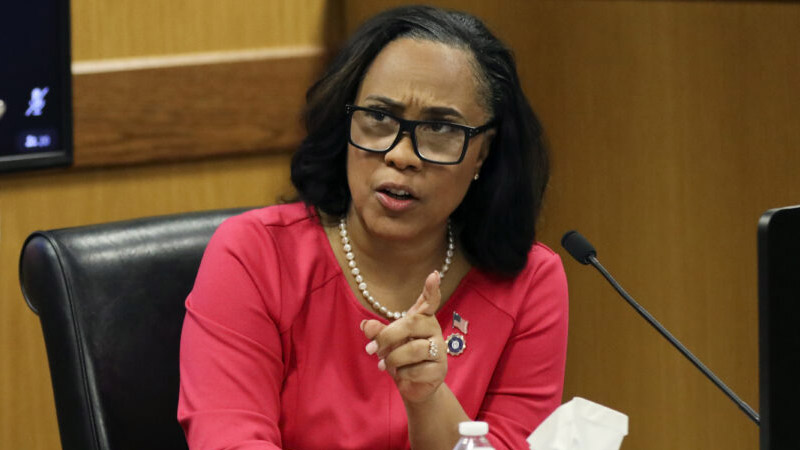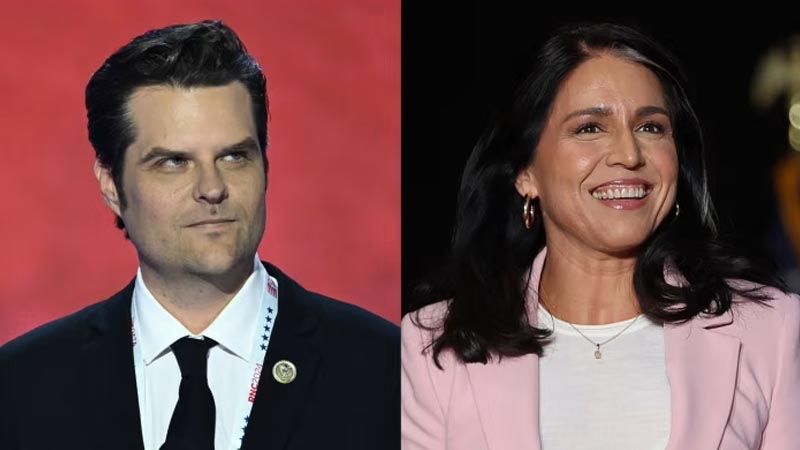Attorney Reacts to Fani Willis’s Divine Selection Claim in Trump Prosecution Case

(Alyssa Pointer/Pool Photo via AP)
The revelation of a romantic relationship between Georgia District Attorney Fani Willis and hired prosecutor Nathan Wade has sparked controversy, especially after Willis made remarks at a church implying that she was divinely chosen to lead the prosecution against Donald Trump and others in a high-profile racketeering and election subversion case.
Ashleigh Merchant, an attorney representing former Trump operative Michael Roman, expressed her dismay over Willis’ claim of divine guidance in her decision to prosecute, questioning the fairness and defensibility of such a stance during an interview on Megyn Kelly’s show, as reported by The New York Post.
Merchant, who brought the relationship between Willis and Wade to light through a lawsuit, argued that this personal connection between Willis and Wade compromised the integrity of the Fulton County election interference case, necessitating Willis’ removal from her prosecutorial role.
The lawsuit highlighted concerns about the potential misuse of public funds during Willis and Wade’s relationship, leading to an ethics hearing to assess possible misconduct. Judge Scott McAfee was tasked with evaluating the implications of Willis’ personal and professional conduct.
Back on Jan. 14, Willis spoke before the congregation at Atlanta’s oldest Black church, Big Bethel AME, a day before Dr. Martin Luther King, Jr.’s birthday, calling her position as a prosecutor a “God-given assignment”.
“With that kind of support, we will move mountains and do Jesus’s will, doubling all the way,” she said. “So his flawed, hard-headed, and imperfect child has a message for each of you today. Please find a way to do your extraordinary, God-given assignment and make this community and the world a better place for all of his people.”
In his ruling, McAfee determined that while Willis could continue in her role as the prosecutor, Wade would have to be removed from the case to address the “appearance of impropriety” stemming from their relationship. Furthermore, McAfee critiqued Willis’ speech at the church, deeming it “legally improper.”
He also considered imposing a gag order to prevent Willis from making public comments about the case going forward, underscoring the legal and ethical complexities introduced by the intersection of personal relationships, public statements of divine endorsement, and the procedural conduct within high-stakes legal proceedings.


